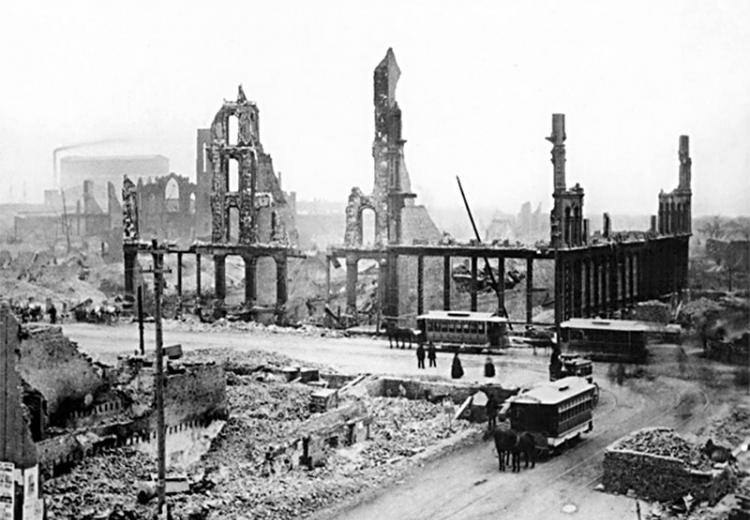Evaluating Eyewitness Reports

Chicago in Ruins after the Fire of 1871.
This lesson offers students experience in drawing historical meaning from eyewitness accounts that present a range of different perspectives. Students begin with a case study including alternative reports of a single event: the Great Chicago Fire of 1871. Students compare two newspaper reports on the fire and two memoirs of the fire written many decades later, with an eye on how these accounts complement and compete with one another, and how these sources can be used to draw historical meaning from them. Students then apply the lessons learned in their investigation of the eyewitness accounts of the Chicago fire by considering a unique eyewitness account: the diary kept by a Confederate girl when her Tennessee town was occupied by Union troops during the Civil War.
Guiding Questions
How can we evaluate eyewitness accounts of historical events and periods, and what historical meanings can be drawn from them?
Learning Objectives
Gain experience in working with eyewitness accounts of historical events.
Gain experience in the evaluation of historical evidence.
Become familiar with some of the uses of historical evidence within different kinds of history.
Recognize that historical evidence may raise questions rather than provide answers about a past event.
